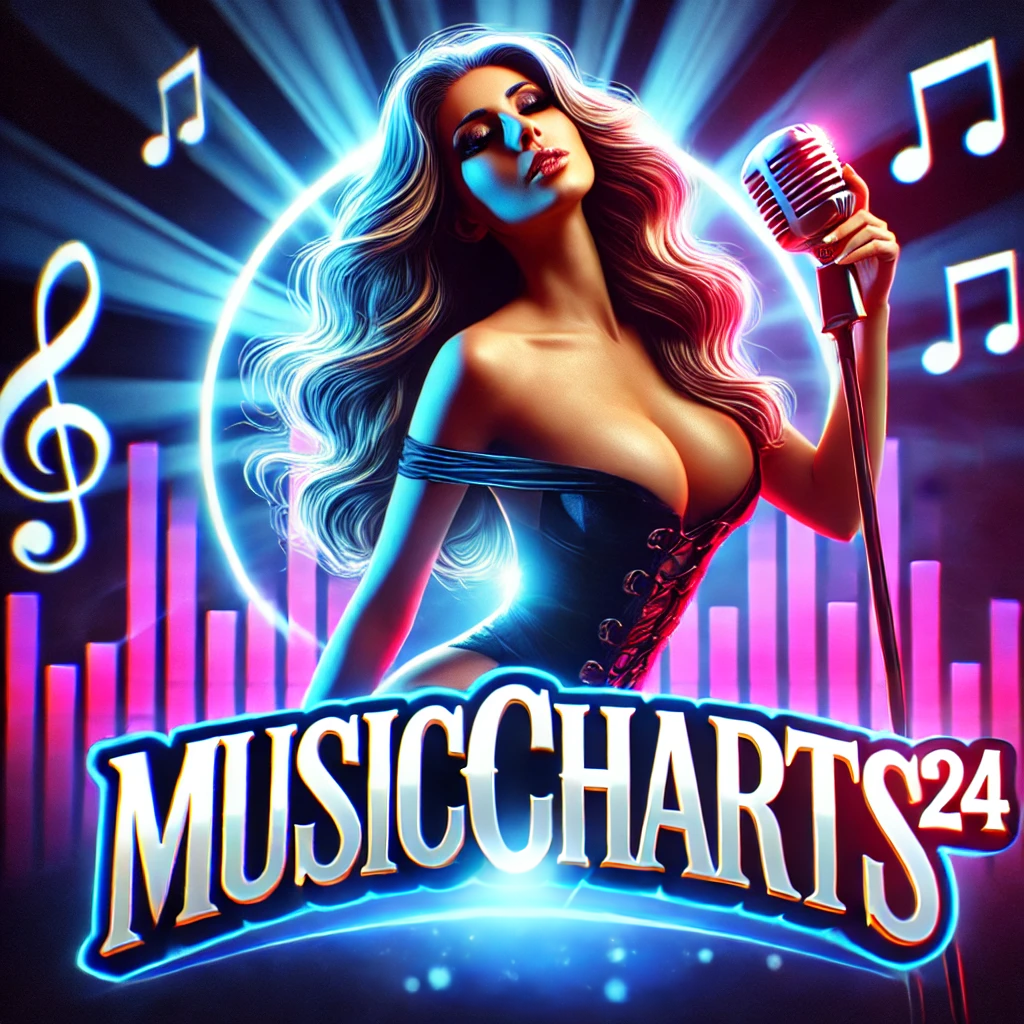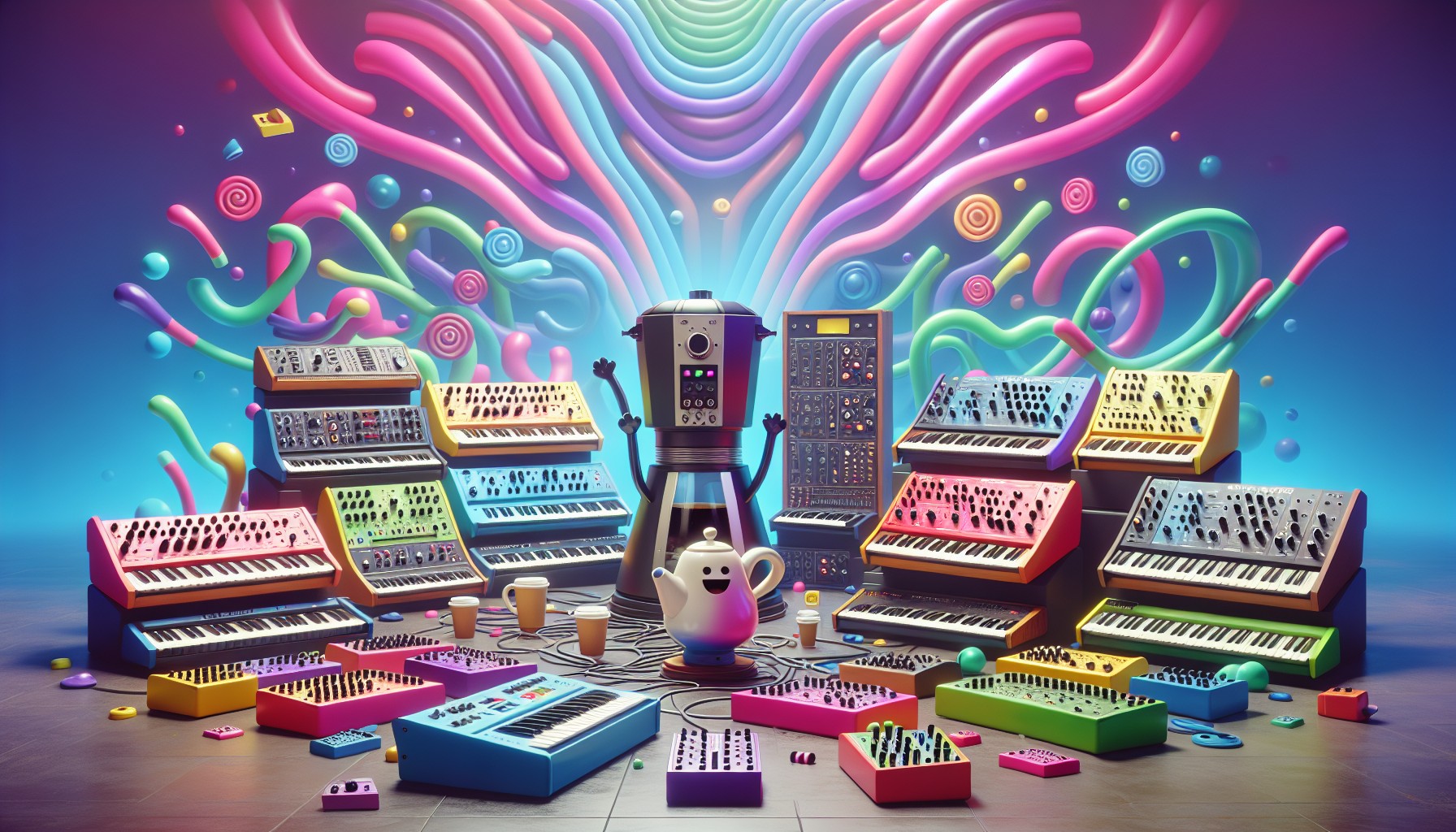AI and Music At the Intersection As a driven amateur music producer, I frequently find myself at the nexus of technology and creativity. I’m both excited & a little perplexed by the intriguing nexus between artificial intelligence (AI) and music, where algorithms and artistic expression collide. I can still clearly recall my initial discovery of an AI music generator. Surrounded by a jumble of instruments and a laptop that had seen better days, I was seated in my makeshift studio. Learn the essentials of music production with this online course.
Key Takeaways
- AI is revolutionizing music composition by providing new tools and techniques for musicians and composers.
- AI is playing a significant role in music production and mixing, allowing for more efficient and innovative processes.
- The future of music performance is being shaped by AI, with the potential for new interactive and immersive experiences for audiences.
- Ethical and legal implications of AI in music are being debated, including issues of copyright, ownership, and the use of AI-generated music.
- AI is impacting music consumption and distribution, changing the way music is discovered, shared, and experienced by listeners.
I wondered, “What if I could have a virtual collaborator?” Little did I know that I was going to set out on a journey that would completely change the way I thought about music production. Artificial Intelligence in music is a revolution, not merely a fad. AI is changing how we make and listen to music, from creating melodies to mastering tracks. I frequently make jokes with my friends about how a robot who enjoys jazz might soon take our place.
On the other hand, AI has enormous potential to improve our creative processes. It’s like having an energized helper who never eats or sleeps and is constantly ready to come up with ideas for the next big thing. I’m wondering how this technology will affect my craft and the industry overall as I learn more about it. How Artificial Intelligence is Transforming Music Composition AI has caused a profound change in the way we write music.
I no longer have to spend hours staring at my keyboard in silence while struggling with writer’s block. I can now create whole compositions in a matter of minutes using AI tools like Google’s Magenta or OpenAI’s MuseNet. It’s like having a musical genie at my fingertips, ready to fulfill all of my desires, except that instead of three wishes, I get an endless supply of musical inspiration. One late night, I made the decision to try out an AI composition tool. I entered a few chords & marveled as the program produced an entire orchestral composition.
It was thrilling and a little unsettling at the same time. My cat, who didn’t seem to be impressed by my existential crisis, asked me out loud, “Is this cheating?”. But then I understood that AI exists to inspire us, not to replace us. It can inspire us to investigate new genres and styles by offering novel viewpoints and concepts that we might not have previously thought of. AI’s Role in Music Production and Mixing AI is like having an experienced engineer on speed dial when it comes to music production and mixing.
I can appreciate the efficiency that AI offers because I have spent countless hours adjusting EQ settings and battling with reverb. Tools such as LANDR & Ozone from iZotope analyze tracks using machine learning algorithms to recommend the best mixing and mastering parameters. I can now concentrate on the creative elements of my work since they seem to have eliminated the element of guesswork.
We made the decision to test out one of these AI mixing tools one day while working with another producer.
As we were amazed by the recommendations that appeared on the screen, my friend joked, “It’s like having a personal trainer for our music.”. Our track shined brighter than ever thanks to the AI’s suggestions for changes and its identification of frequencies we had missed. It was a humble experience that made me realize that there is always space for development and education, even in a technologically driven world. AI and the Future of Music Performance I am both excited and nervous about the direction that music performance is taking.
The idea of going to a concert where the main act is an artificial intelligence (AI) band may seem like something from a science fiction film, but it’s not as strange as it sounds. We are seeing the beginning of a new era in live music with the development of AI-driven virtual performers such as Yona or AIVA. I once went to an experimental concert where human performers & an AI musician collaborated on improvisations. The synergy was electrifying!
It seemed as though we were seeing a new kind of cooperation that went beyond conventional bounds as the AI reacted in real-time to the musicians’ cues. Later, I joked with my friend, “This is what happens when you let computers into the jam session.”. Beneath the humor, however, was a clear insight: AI has the potential to improve live performances in ways that we haven’t yet thoroughly investigated. The Ethical and Legal Consequences of AI in Music As they say, “Great power comes with great responsibility.”. The ethical & legal ramifications of AI in music must be considered as we embrace its potential. Authorship, copyright, & ownership issues are major concerns in this brave new world.
In a recent conversation with other producers at a nearby café, we discussed these very questions: who gets credit if an AI creates a popular song—the programmer, the user, or the ether from which it originated? We all pretended to be deeply engaged in our thoughts while surreptitiously browsing through our phones. I asked, “If my cat can inspire me to write a song, does she deserve royalties?” which made my friends laugh but also made them think carefully about what it means to be creative in a time when machines can mimic human expression.
The Effect of AI on Music Distribution and Consumption AI is not only altering the way we make music, but it is also changing the way we listen to & share it. Using AI algorithms, streaming services such as Spotify create playlists that are tailored to each listener’s tastes. I find this to be both fascinating and a little depressing because I spend hours creating playlists for friends (and sometimes getting distracted by rabbit holes of obscure indie bands). A friend of mine once bemoaned the way algorithms were destroying the experience of finding new music. “Do you recall the days when we would find undiscovered treasures at record stores?” he sighed with nostalgia.
I can appreciate his sentiment, but I also see the potential for AI to introduce listeners to musicians they might not have otherwise come across. Even though I occasionally wish it wouldn’t recommend songs from my high school emo phase, it’s like having a digital DJ who knows your taste better than you do. Issues & Restrictions with AI in Music Despite all of its benefits, artificial intelligence in music has certain issues and restrictions.
Sometimes I long for the unadulterated authenticity that only human musicians can offer, even though I value the effectiveness of AI tools.
I remember trying to use an AI tool to create lyrics for a song I was working on. Let’s just say that the end result sounded more like a robot attempting to compose poetry than anything at all relatable. As we listened to the meaningless verses, I jokingly said, “I think it needs more angst.”.
AI can help us in our creative endeavors, but it cannot take the place of the distinct viewpoints & feelings that come from being human, as this experience made me realize. The Innovative Potential of AI in Music Production Notwithstanding its drawbacks, AI in music production offers countless creative opportunities. The ways AI can push us outside of our comfort zones inspire me as a budding producer. It promotes exploration and experimentation, two crucial components for any artist hoping to advance. I came upon an unearthly soundscape one evening while playing around with an AI-driven sound design tool, which gave me the idea for a completely new project.
When my confused roommate tried to watch TV quietly, I yelled, “This is why I love technology!”. AI is more than just a tool, I realized at that moment. It is a creative partner that pushes me to think creatively & embrace new sonic possibilities. Finally, I would like to say that as a driven amateur music producer negotiating this constantly changing field, I am both intrigued and interested in the application of AI in music.
AI has undoubtedly created new opportunities for creativity and teamwork, even though there are still obstacles to overcome, such as moral conundrums and worries about emotional depth. I am eager to delve deeper into these intersections as I continue my music production journey, equipped with my reliable laptop and an unquenchable curiosity for what is yet to come.
If you are interested in how artificial intelligence is revolutionizing the music industry, you may also want to check out the article “Revolutionize Spotify Playlist Placement: Unconventional Tips for 2023”. This article explores innovative strategies for getting your music featured on popular streaming platforms like Spotify. It’s fascinating to see how technology is shaping the future of music creation and distribution.
Check Out Our Music Producer Class!
FAQs
What is artificial intelligence (AI) in the context of music?
Artificial intelligence in music refers to the use of AI technologies, such as machine learning and deep learning, to create, compose, or enhance musical compositions, performances, and production.
How is AI used in crafting music?
AI is used in crafting music in various ways, including generating musical compositions, creating new sounds and instruments, analyzing and categorizing music, and assisting in the production and mixing process.
What are some examples of AI in music creation?
Examples of AI in music creation include AI-generated compositions, AI-powered music recommendation systems, AI-based virtual instruments and synthesizers, and AI-assisted music production tools.
What are the benefits of using AI in music creation?
The benefits of using AI in music creation include the ability to explore new creative possibilities, automate repetitive tasks, analyze large volumes of musical data, and personalize music listening experiences for audiences.
What are the potential challenges or limitations of AI in music creation?
Challenges and limitations of AI in music creation may include issues related to copyright and intellectual property, the potential for over-reliance on AI-generated content, and the need for human input and creativity in the music-making process.

